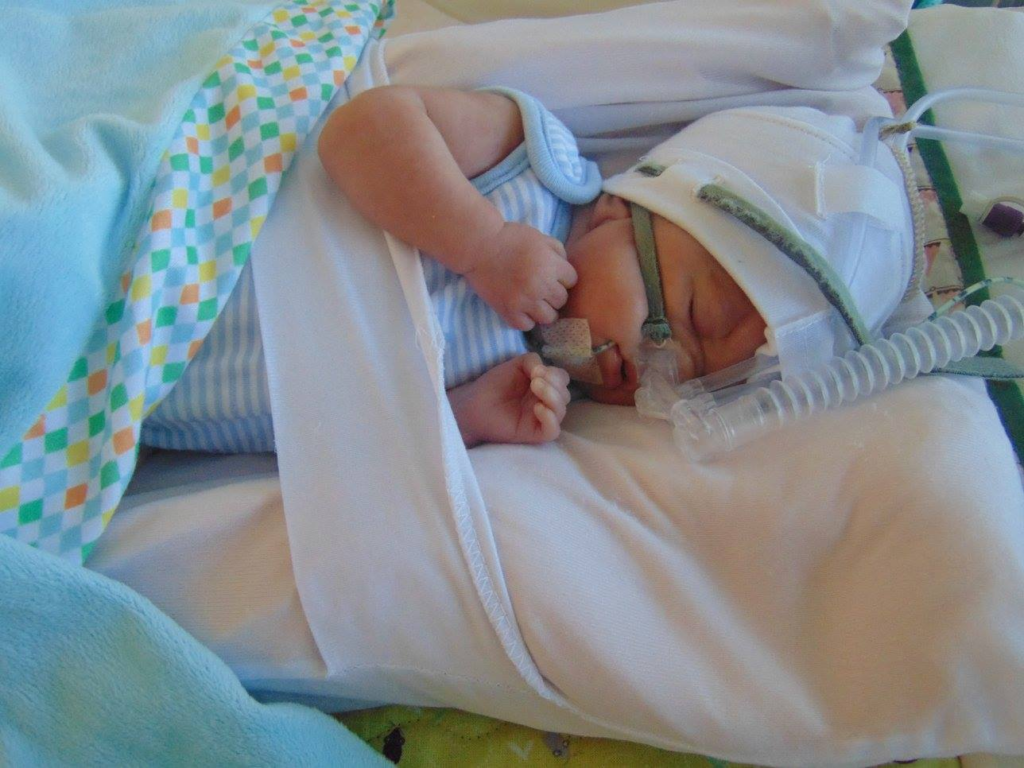Written by Emily Gorton, mum to Wolfe
When Wolfe was born in 2016, little had changed in the way Prader Willi Syndrome was managed since the introduction of growth hormone therapy (hGH) 15-20 years earlier. GH helps manage some of the symptoms of this syndrome, increasing muscle tone, decreasing body fat, increasing stamina and improvements in cognition and behaviour. However, no drugs or therapies were available to help with the most debilitating aspect of PWS, hyperphagia. Hyperphagia is an insatiable appetite and an unrelenting feeling of starvation. People with hyperphagia need constant monitoring to keep them safe – from food – something we are all surrounded by 24/7. Even from the start we understood that hyperphagia would be Wolfe’s biggest challenge.

Just one year later, in 2017, PWS cells were ‘cured’ for the first time in a Petrie dish in a lab using a type of gene therapy. While this type of treatments may still be years or even decades off becoming a reality, it gave parents like me hope of a safer future, free from hunger and the other symptoms of PWS, that may allow our loved ones to live a full and independent life. Gene therapy is such an exciting and complex area of research, we’re already seeing other rare conditions transformed by this new way of treating what was once untreatable. With continued research we could add PWS to that list.
We are lucky that Wolfe was born in to an era of exciting and promising PWS research and treatment development, but there is still a long and costly road to travel.
In the past few years since Wolfe was born, more trials, more drugs, more therapies than ever before have been pushed forward to try to find the elusive ‘cure’ for hunger and the other severe symptoms. This is only possible with continued funding.
Numerous drugs and therapies have shown huge promise in early stage trials, many aiming to control or entirely eliminate hyperphagia and other symptoms. However, so far, none have been approved for use within our community. Often the trials are too limited to give enough proof of efficacy to meet the strict requirements for drug licensing. Rolling out trials of the most promising drugs to bigger geographical areas and more participants would allow more real world data to be captured to support drug applications, but this requires funding to set up satellite research sites or to pay for people with PWS to travel to established sites.
As a rare community, we don’t have the same publicity or backing as more high profile causes. But it is only through funding research that we will find the right drugs and therapies for our kids. My hope remains that one day people like Wolfe will be able to be free of the restrictions placed upon them by the syndrome. The cure is out there… let’s find it!
